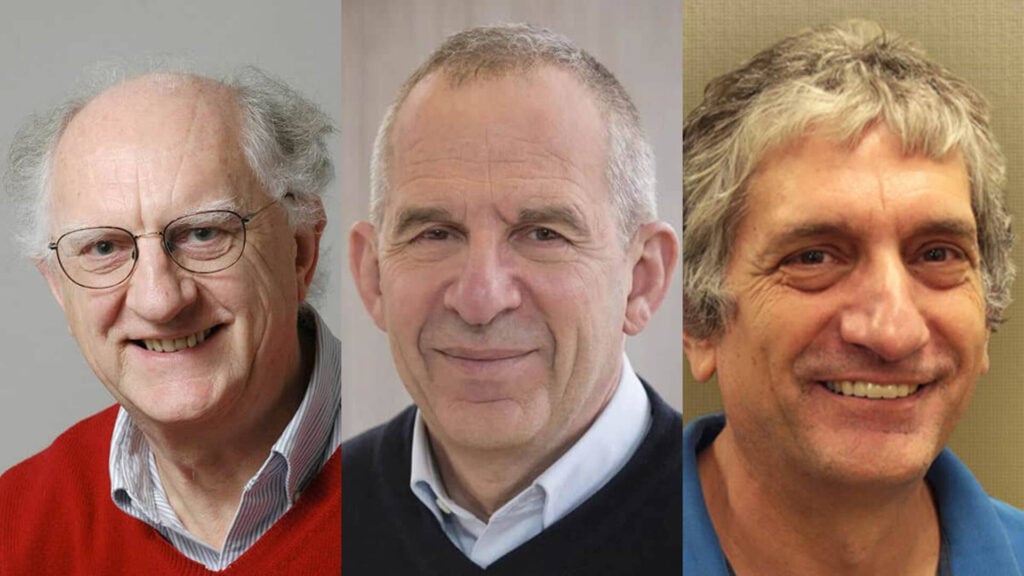John Martinis, together with John Clarke and Michel Devoret, has won the 2025 Nobel Prize in Physics, earning the honour for their esteemed work in quantum mechanics.
The three America-based physicists were officially confirmed to receive the honour on Tuesday (7 October) by the prize-awarding body “for the discovery of macroscopic quantum mechanical tunnelling and energy quantization in an electric circuit”.
Olle Eriksson, Chair of the Nobel Committee for Physics, noted in their press release on the announcement their work proved influential in the development of modern technology, especially computers.
“It is wonderful to be able to celebrate the way that century-old quantum mechanics continually offers new surprises. It is also enormously useful, as quantum mechanics is the foundation of all digital technology,” Eriksson said.
The press release noted that the transistors in computer microchips are one example of the established quantum technology that surrounds us in daily life, while adding:
“This year’s Nobel Prize in Physics has provided opportunities for developing the next generation of quantum technology, including quantum cryptography, quantum computers, and quantum sensors.”
The trio’s prize-winning work took place in the mid-1980s at the University of California, Berkeley, where Martinis studied and earned both his BS and PhD in Physics.
Martinis and Devoret were both working for Clarke at the time, looking for evidence of macroscopic quantum tunnelling (MQT) in a device called a Josephson junction.
Clarke stressed their work built off the foundations laid by Anthony Leggett and Brian Josephson, who are themselves former Nobel winners.
The physicists will share a prize sum of 11 million Swedish crowns ($1.7 million) and the award itself, as presented to them by the Royal Swedish Academy of Sciences.
The prize will be presented on 10 December at a ceremony in Stockholm.









